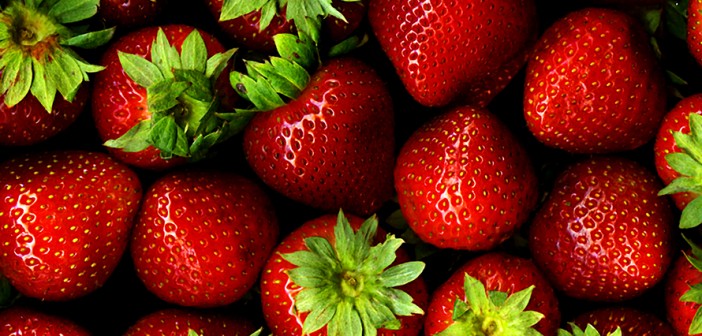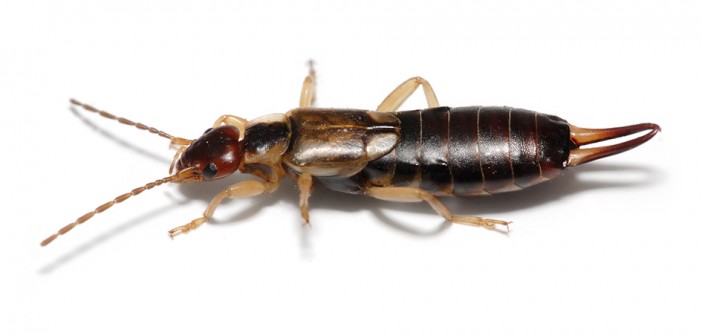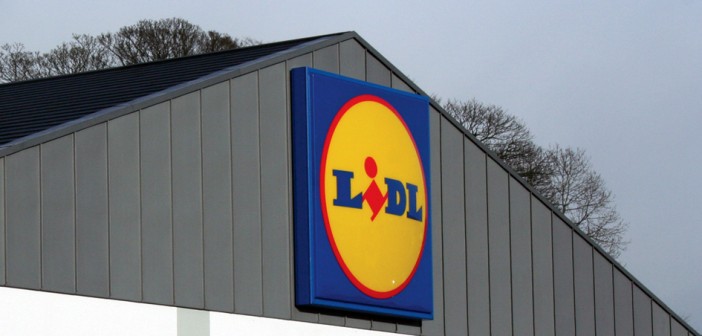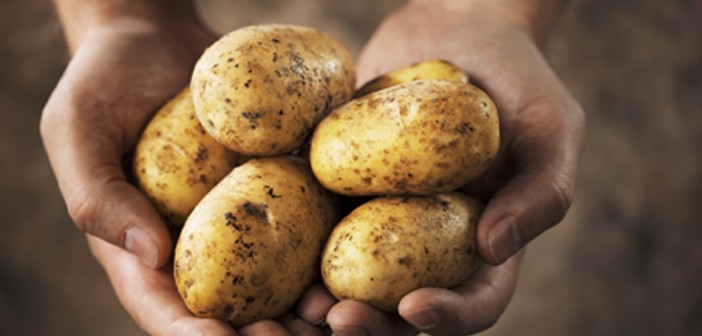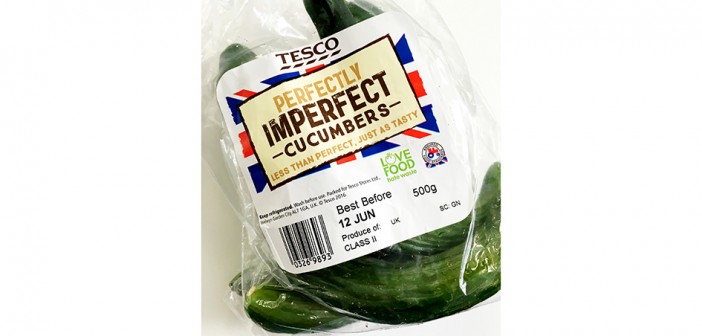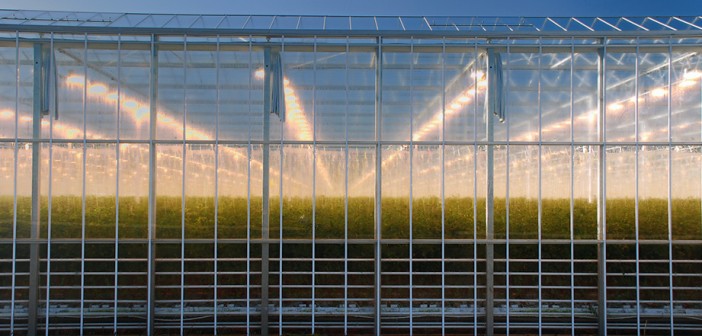Groceries Code Adjudicator Christine Tacon has announced to the way the levy which funds her office is collected from the ten retailers covered by the Grocery Suppliers Code of Practice (GSCoP).
Up until now the annual budget of £1 million has been split evenly between the ten retailers, with each paying £100,000. Under the new formula, 70 per cent of the GCA’s budget will be split evenly as before, with 20 per cent based on the market share of the retailer. The final 10 per cent will be based on anticipated workload due to each retailer, based on historical issues.
Due to these changes the smallest contribution will now account for 7.5 per cent of the total with the largest representing 17 per cent. In addition Ms Tacon is requesting £2 million for the year to cover the costs of potential investigations. Any unused funds will be returned to retailers at the end of the year. While Ms Tacon refused to name which retailer would be making the largest contribution, she did say that it would be £302,000 this year.
A full report on the GCA’s annual conference will appear in the August issue of The Vegetable Farmer.

The post GCA to change levy model appeared first on Hort News.
